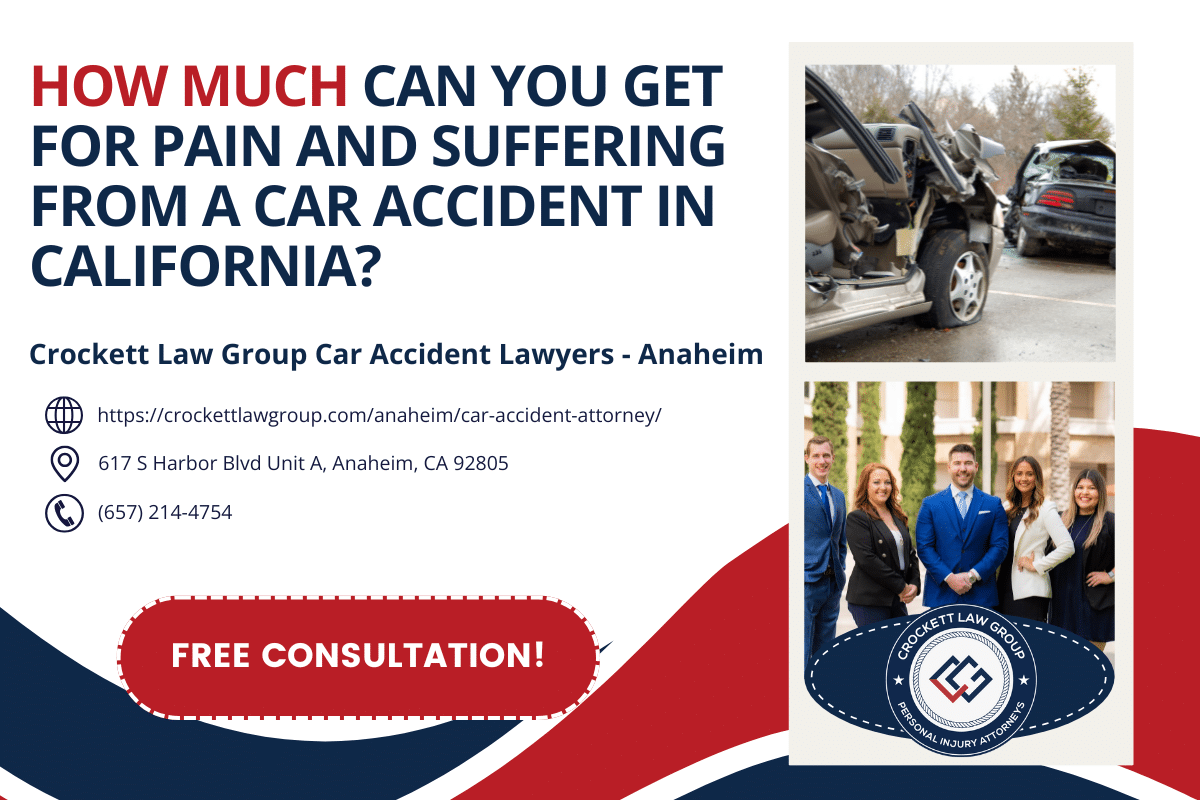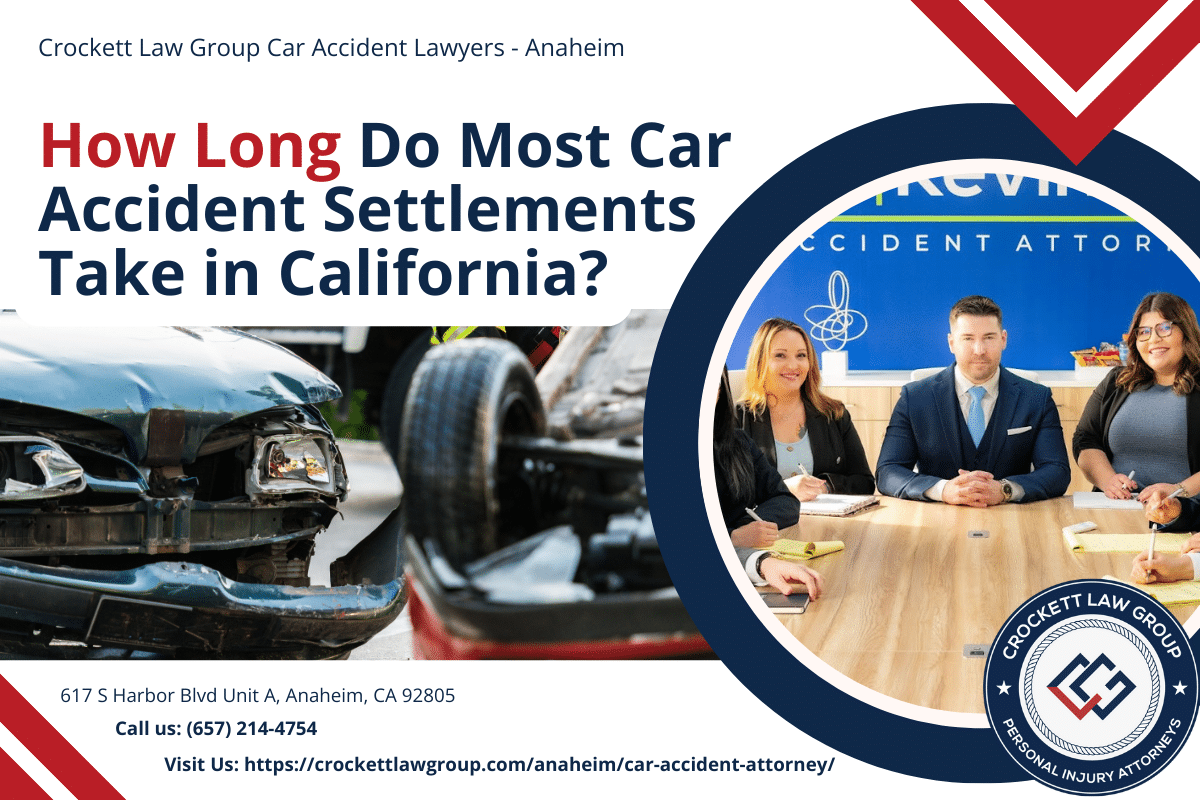Accidents, be they on the road, at work, or elsewhere, often bring a rush of emotions: panic, confusion, guilt, and even relief if no one’s seriously hurt. In the heat of the moment, our natural instinct may be to make things right or to clear the air. This can sometimes lead us to declare things like, “It was my fault!” even if the full picture isn’t clear yet.
But should you admit fault in an accident? It’s a question many find themselves grappling with in the aftermath of an incident. With that said, it’s essential to have an understanding of why admitting fault can be a complex matter, not just from a moral standpoint, but also legally and in terms of insurance. Let’s delve deeper into this topic to shed some light on this often-debated question.
Understanding Fault in Accidents
The term ‘fault’ might seem straightforward, but when it comes to accidents, it carries legal and insurance implications that many might not immediately consider. So, what exactly do we mean by fault in this context?
In legal terms, when we say someone is “at fault,” we’re essentially stating that their actions, or lack thereof, were the primary cause of the accident. This means that they were negligent or reckless in a manner that directly led to the incident.
There’s a vast chasm between feeling responsible for an accident and being legally at fault. Emotions can cloud our judgment, making us believe we’re to blame when, in fact, multiple factors – some outside of our control – might have contributed to the accident.
The way fault is determined and its repercussions can vary from one state to another. Some states have a ‘no-fault’ system for certain types of accidents, where each party’s insurance pays for their own damages, regardless of who caused the accident. Others operate on a ‘comparative fault’ system, where responsibility can be shared among parties based on their degree of fault.
In the maze of determining fault, it’s crucial to separate personal feelings from the legal realities of the situation. And that’s where understanding the intricacies of admitting fault becomes essential. As we journey through this article, you’ll see why a hasty admission can be more problematic than it seems at first glance.
Reasons People Admit Fault at the Scene
In the chaotic moments following an accident, many factors can compel individuals to admit fault, even if they haven’t fully processed the situation. Here’s a closer look at some of these reasons:
- Emotional Reaction: The immediate aftermath of an accident is a whirlwind of emotions. Shock, guilt, and anxiety can make individuals blurt out apologies or admissions, even if they aren’t entirely to blame. This emotional response is a natural human reaction when faced with distressing situations.
- Desire to Cooperate with Other Parties: Some people believe that by admitting fault, they’re demonstrating cooperation and goodwill to the other party involved. They may think that this approach will make the situation smoother and prevent any escalation of tension.
- Misunderstanding of the Situation or Laws: Not everyone is familiar with the ins and outs of traffic laws or the nuances of accident scenarios. Someone might mistakenly believe they’re at fault because they aren’t aware of certain rules or because they haven’t grasped the full scope of what transpired.
- Fear of Legal or Financial Repercussions: The dread of facing potential lawsuits or insurance rate hikes might prompt some individuals to admit fault, hoping that this admission might lessen the consequences.
In the high-stress environment of an accident scene, it’s easy to act based on emotions rather than facts. It’s precisely why Crockett Law Group often advises against making any conclusive statements about fault without first gathering all the facts and seeking professional advice.
Why You Shouldn’t Rush to Admit Fault
The instinct to quickly admit fault in the aftermath of an accident, while commendable, can lead to unforeseen complications. For instance, such an admission can have significant legal implications. Statements made at the scene can later be used against you in legal proceedings, potentially binding you to greater responsibility than you may actually bear.
Moreover, insurance companies employ intricate methods to determine fault. A premature admission can not only complicate the claims process but might also result in increased premiums or denial of claims for certain damages. It’s also essential to consider that your immediate understanding of the accident might be clouded. There might be external factors or nuances you haven’t yet realized, meaning you could misjudge the situation entirely.
Further, there’s a possibility of being influenced by the other party involved. In the stress of the moment, they might pressurize or convince you that you’re to blame. It’s crucial to stand your ground, avoid being coerced, and refrain from making any conclusive statements without proper reflection. As more facts emerge, the narrative of the accident’s cause can shift, and an early admission can lock you into a position that may not reflect the whole truth.
In essence, it’s always recommended to be measured in your response after an accident. Gathering information, consulting professionals, and allowing the correct channels to assess fault is the wisest course of action.
Steps to Take Following an Accident
Navigating the moments after an accident can be overwhelming. Yet, acting thoughtfully and systematically can help protect your interests and rights. Here’s a guide to what you should consider doing:
- Ensure Safety First: Before anything else, check on the well-being of all parties involved. If necessary, move to a safe location away from traffic or hazards.
- Contact the Police: Even for minor accidents, it’s a good idea to have a police report. It provides an objective record of the incident which can be valuable later on.
- Document the Scene: Take photographs of the vehicles, any damage, the surrounding environment, and any other relevant factors. This visual evidence can be crucial for insurance claims and any potential legal matters.
- Exchange Information: Collect names, addresses, phone numbers, insurance details, and license plate numbers from all parties involved. If there are witnesses, gather their contact details as well.
- Avoid Discussing Fault: Stick to the facts when narrating the incident to the police or other parties. Avoid making any statements that suggest you’re accepting blame.
- Notify Your Insurance Company: Inform your insurer about the accident as soon as possible. They can guide you on the next steps and what information they might require.
- Seek Medical Attention: Even if you feel fine, some injuries may not be immediately apparent. A medical examination can catch potential issues early on.
- Consult a Lawyer if Needed: If there are disputes about fault or if you believe you might face legal challenges, consulting with an attorney can provide clarity and direction.
- Keep All Relevant Documents: Store all accident-related documents, including medical bills, repair estimates, and police reports, in a safe place. They can be crucial for insurance or legal proceedings.
- Stay Informed: Familiarize yourself with your state’s laws regarding accidents and insurance. Knowing your rights and obligations can aid in making informed decisions following an accident.
The Role of Insurance Companies
When accidents occur, insurance companies play a pivotal role in assessing damage, determining fault, and disbursing necessary funds for repairs and medical care. But how do they make these determinations?
Insurance adjusters are tasked with investigating the accident. They’ll examine evidence, speak with witnesses, review police reports, and evaluate any photographs or videos. Their primary goal is to determine which party, if any, was negligent, and thus responsible for the accident.
It’s important to understand that insurance companies, including Crockett Law Group, have a vested interest in making accurate fault determinations. An incorrect assignment of fault can lead to financial losses and potential legal challenges for the insurer.
Yet, while insurance companies strive for accuracy, they also aim to mitigate their financial liability. As a policyholder, this underscores the importance of accurate and timely communication with your insurer. Being clear, thorough, and proactive can ensure that your interests are adequately represented and protected.
Crockett Law Group stands committed to providing fair evaluations and guiding its clients through the sometimes complex world of post-accident procedures. Always remember that your insurance provider is a resource. They can help clarify the process, answer questions, and offer guidance on how to navigate the aftermath of an accident.
At Crockett Law Group, we’re here to stand by your side throughout this journey. Our commitment is to provide you with guidance, clarity, and support when you need it the most. Should you find yourself in the midst of uncertainty following an accident, or if you have any questions about your coverage and next steps, don’t hesitate to reach out to us at (800) 900-9393. Remember, in moments of chaos, having a trusted ally can make all the difference.










